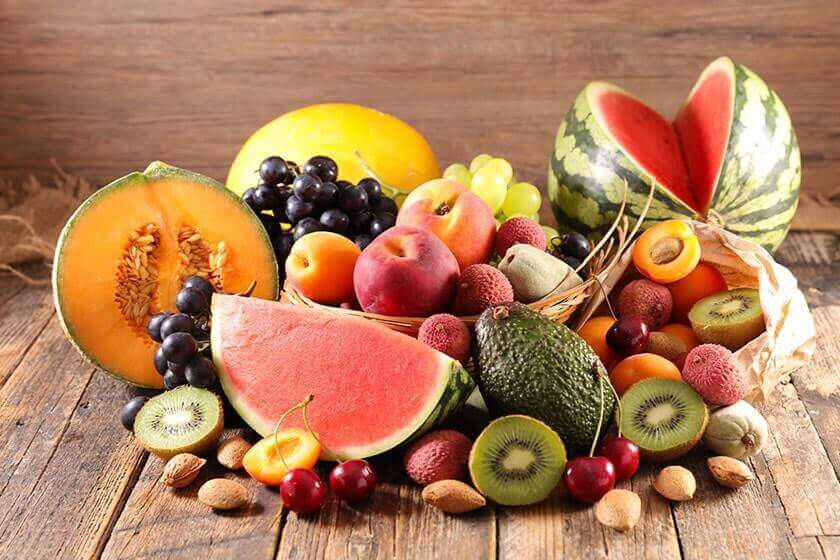Age brings about many changes including dietary needs. As you grow older, it is important to choose a diet that can accommodate your age and help in preventing chronic diseases. Diet plays a huge role in the health and longevity of the elderly.
If you are already at the age where you wish to retire and still pursue an active lifestyle, you should consider your changing nutritional demands so that you continue to stay sharp, energized, and strong. Caloric needs decrease with age and an individual at the age of 80 needs roughly 20 percent fewer calories than a 30-year-old.
Because mature adults are unable to consume the recommended serving sizes, they often fail to meet daily requirements for protein, vitamins, fiber, minerals, and calories. Studies have also shown that the elderly are at higher risk of dehydration due to their less acute thirst sensation. Bearing all these in mind, here are some dietary guidelines to support your active retirement lifestyle.
Recommended Servings
To maintain a good diet, you and your loved ones should refer to the recommended daily servings for your appropriate age. You can ask your doctor or nutritionist for the recommended servings or refer to the American Heart Association website.
Your calorie needs may also differ depending on your activity level, age, health conditions, and whether you are trying to lose or gain weight. However, a general tip is that instead of three large meals, you and your loved ones can opt for four to six smaller meals throughout the day, of which at least half should consist of wholegrain foods.
Stay Hydrated
You can also choose to incorporate fluids into your meals to constantly stay hydrated. For example, have soups, stews, or porridge daily. You should also drink small amounts of water constantly throughout the day and avoid any sweetened or salted drinks.
Eating foods with a high water content such as cucumbers, iceberg lettuce, watermelon, cauliflower, zucchini, celery, and strawberries is also a good way to stay hydrated. You can also opt for other beverages such as tea, milk, and coffee.
Important Nutrients
Having a balanced and healthy diet involves various nutrients and you should constantly look out for important ones and eat a variety of foods to get all the essential nutrients. In general, a healthy diet consists of low-fat protein, fresh fruits and vegetables, wholemeal carbohydrates, low-fat dairy, and calcium-rich foods. You and your loved ones can also opt for foods that are low in salt, sugar, and high in fiber and Vitamin D. You should also avoid red or fatty meat which can clog the hearts.
Nutrition Facts Label
Before purchasing food from the supermarket or grocery store, you should look out for the nutrition facts label. This is especially if you are purchasing processed food. Compare the different nutrition labels on different products and purchase food that has lower in sugars, fat, and salt. A nutrition facts label also helps you to gauge if the food product can meet your dietary needs.







